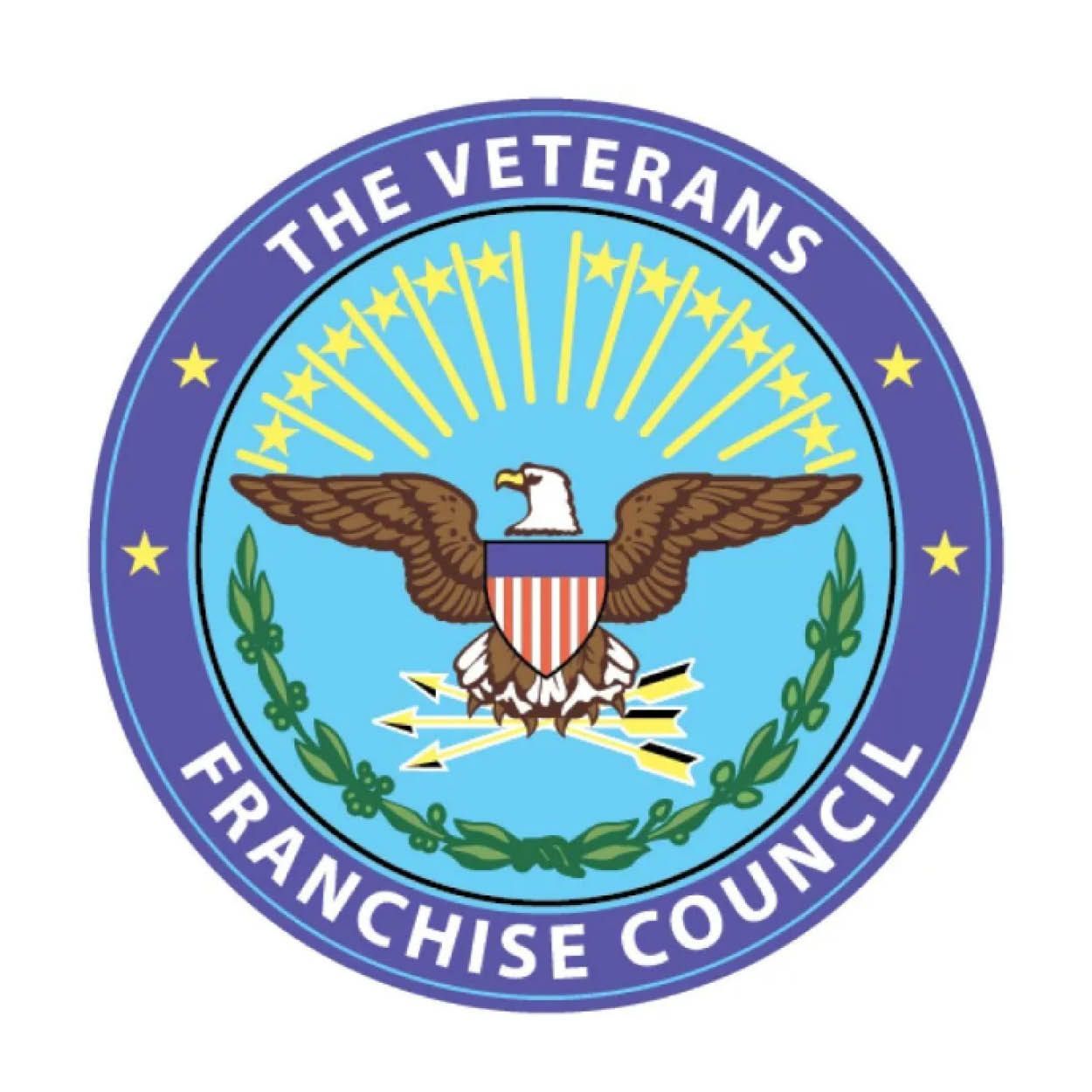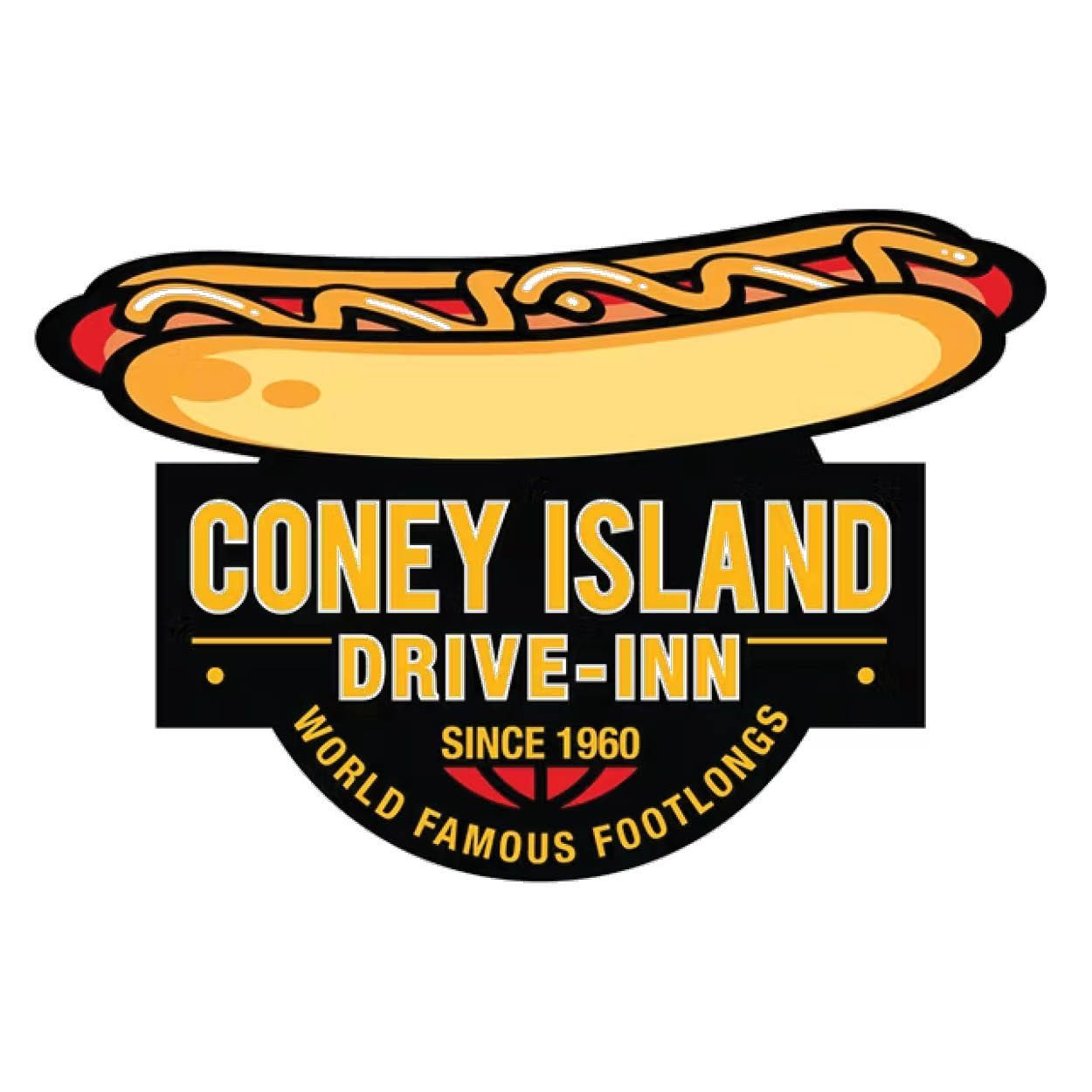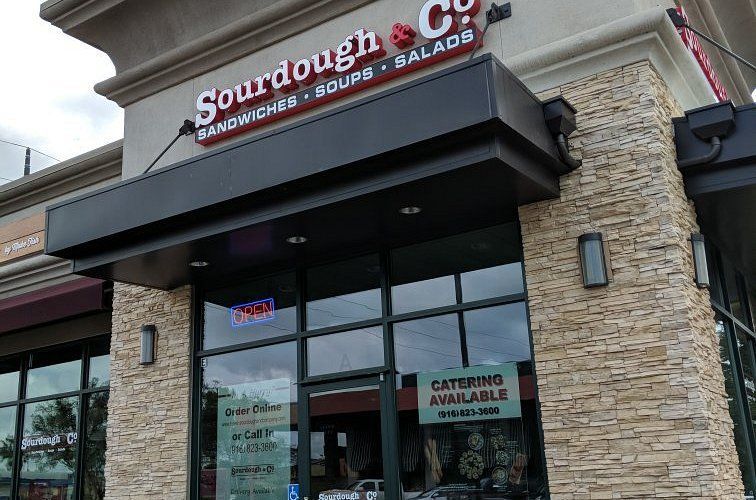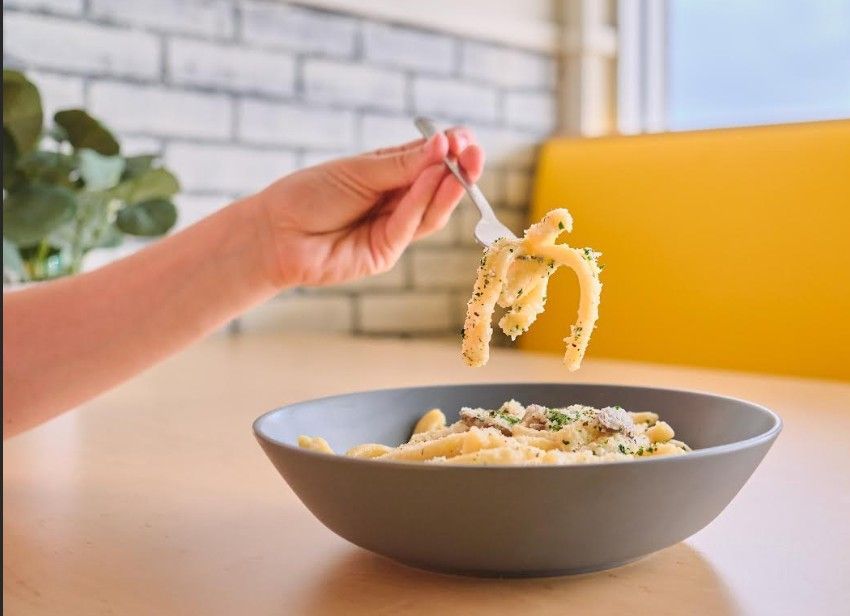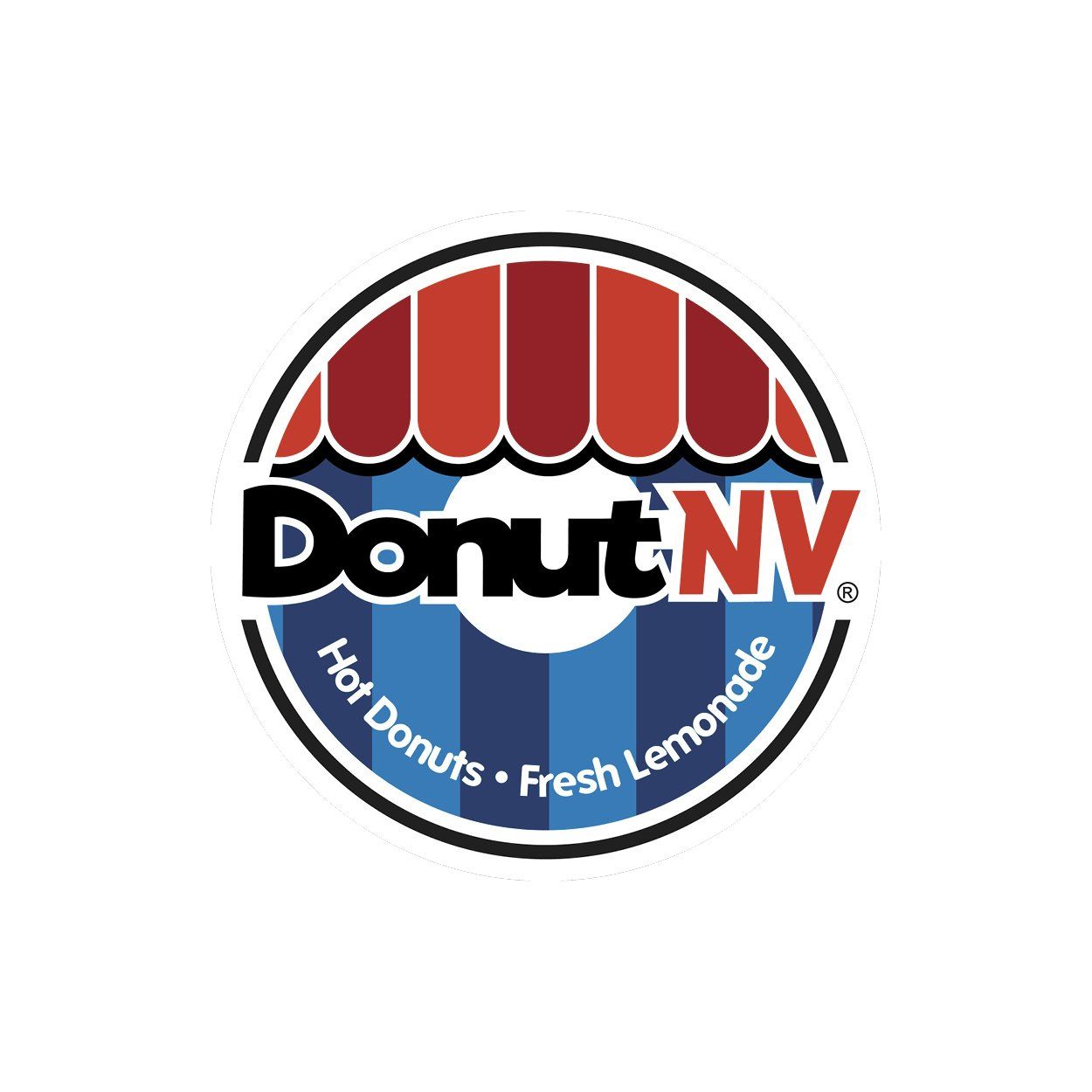Cooking Up Business Opportunities
People who love to eat are always the best people. — Julia Child
Food isn’t simply essential to life, its value goes beyond that for most, if not all, people. Yes, we need sustenance to survive, but food also brings pleasure and connects us to people and places. We study why people eat what they do, how they eat and how our cultures influence our food choices.
Each year, enterprising entrepreneurs dream of building a business on the human love (and need) of food. As a result, thousands of restaurants open every year. It has been estimated that more than 32,000 full-service restaurants were established in 2022. These are establishments where people order, are served while seated and pay after eating. As of 2023, there were an estimated 201,865 fast food restaurant businesses in the US, a figure expected to continue to increase with an expected compound annual growth rate (CAGR) of 5.1% through 2027.
Restaurants are back
Certainly, food franchises had to adapt quickly during the height of the pandemic, as many industries did, but the implemented changes allowed many to survive and thrive. Adding technology and transforming their operations to meet consumer demand for safety and delivery permitted restaurants to overcome the challenges of COVID. Looking ahead, the companies that embraced these changes are poised for even more growth.
Not all types of food franchises are doing as well as others. Quick-service establishments appear to be the best situated, while those locations centered on a dine-in business may still have ground to recover. The International Franchise Association’s 2022 Franchising Economic Outlook indicated that employment and output were almost back to pre-pandemic levels.
One of the most significant modifications restaurants have had to make revolves around digital ordering, which now represents 28% of all orders compared with 10% before 2020. Increases in food costs due to inflation and labor shortages also must be navigated.
Types of food franchises
There’s a lot of variety regarding the food franchising options available to entrepreneurs. The options fall into four categories: fast-food or quick-service, fast-casual restaurants, casual-dining restaurants and fine dining. Quick service options are the expected major burger chains, while fast-casual restaurants have customers order at a counter as well, but are often perceived as healthier options. As a result, the prices at fast-casual franchises run higher. Casual-dining chains offer table service and often cater to families, with more varied menu offerings. The final category of fine-dining establishments includes those that feature more elaborate menus and the highest prices. These locations are also set apart by their staff, who have more extensive industry experience or culinary school training.
Deciding which of the four categories you want to pursue will depend on multiple factors. What is your initial investment budget? Fast food options may cost less to get off the ground than a full-service casual-dining location, but how well-known the brand is also factors into this equation. You will want to consider the needs of the area you hope to locate your establishment. What will be your competition? Are there needs that existing restaurants aren’t serving? Finally, consider your desired profit margins. Full-service restaurants may cost more to start but also offer higher profits.
You must do a deep dive into your prospective franchise opportunity to determine if it is the right fit for you and your entrepreneurship dreams. Investing in a food franchise can be a great way to build your own business, and a franchise comes with built-in strategies for success, from marketing assistance to help you find a location.
Franchise spotlight—DonutNV
Offering a spin-off of the quick-service category are food trucks. This trend continues to be popular, especially with people 25 and 44, who make up 43% of food truck spending. Even more enticing, the food truck industry in America has enjoyed an average annual rate of 9.9% since 2018.
The DonutNV franchise family offers interested business investors a custom mobile unit and training. Their interactive opportunity serves hot mini donuts, fresh-squeezed lemonade and other juices, as well as hot and iced coffee.
Initially founded in 2014 as Cinnamini Donuts, customers demanded a mobile option, which Founders Alex and Amanda Gingold introduced one year later. With the response from customers to the concept strong and growing, the decision was made in 2018 to transform to DonutNV Franchising and offer others a chance to achieve their own sweet business success.
DonutNV’s turnkey, one-of-a-kind trailers include donut machines and LED viewing windows so guests can watch their donuts being made and citrus being squeezed. From a financial standpoint, these food trucks offer high margins with low waste and a proprietary donut recipe that is freshly made to order.
Franchisees have the flexibility to operate their trailer in various event structures, from a fixed location to catering events or a mix of both. Franchises benefit from flat weekly royalty fees. They also can count on the ability to quickly start their DonutNV food truck without waiting months or longer to launch their new franchises. Finally, they can operate their business either part- or full-time in a protected mobile territory.
Ready to explore a food-based franchise? If you think feeding the masses is your path to business success, it might be time to learn more. Seth Lederman of Frannexus has years of experience helping entrepreneurs of all stripes discover the franchise opportunity that works for them. For more information and to find out how to get started pursuing your business ownership dreams, contact Frannexus today.
About the Author
Seth Lederman, CFE, a Franchise Acquisition, and Development Specialist, is a multi-faceted entrepreneur with over 30 years of experience in small business success, including ownership and sale of his business enterprises. He is a frequent contributor to The Franchise Journal and is on the exclusive Forbes Business Council. Contact him at seth@thefranchiseconsultingcompany.com.
